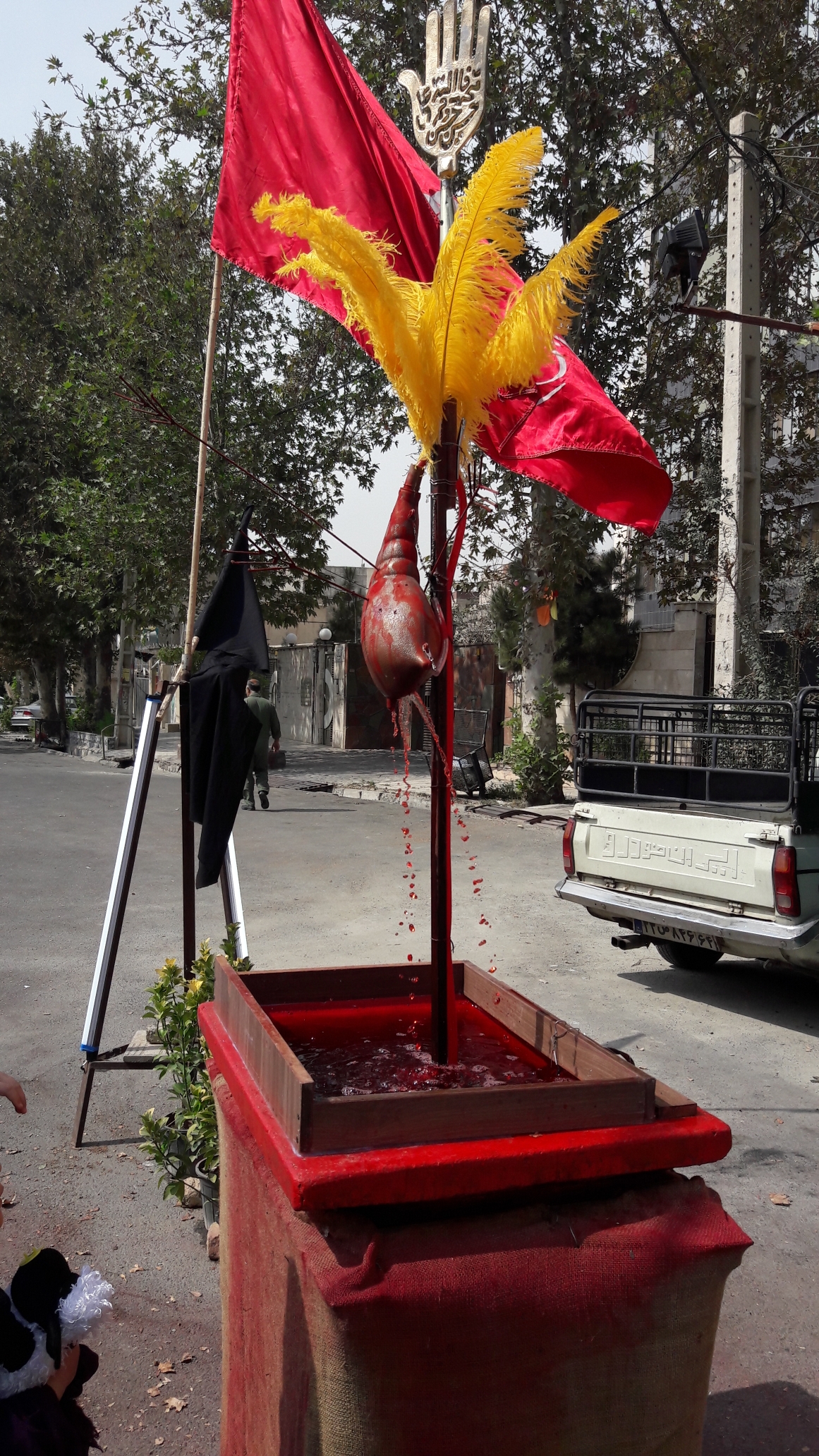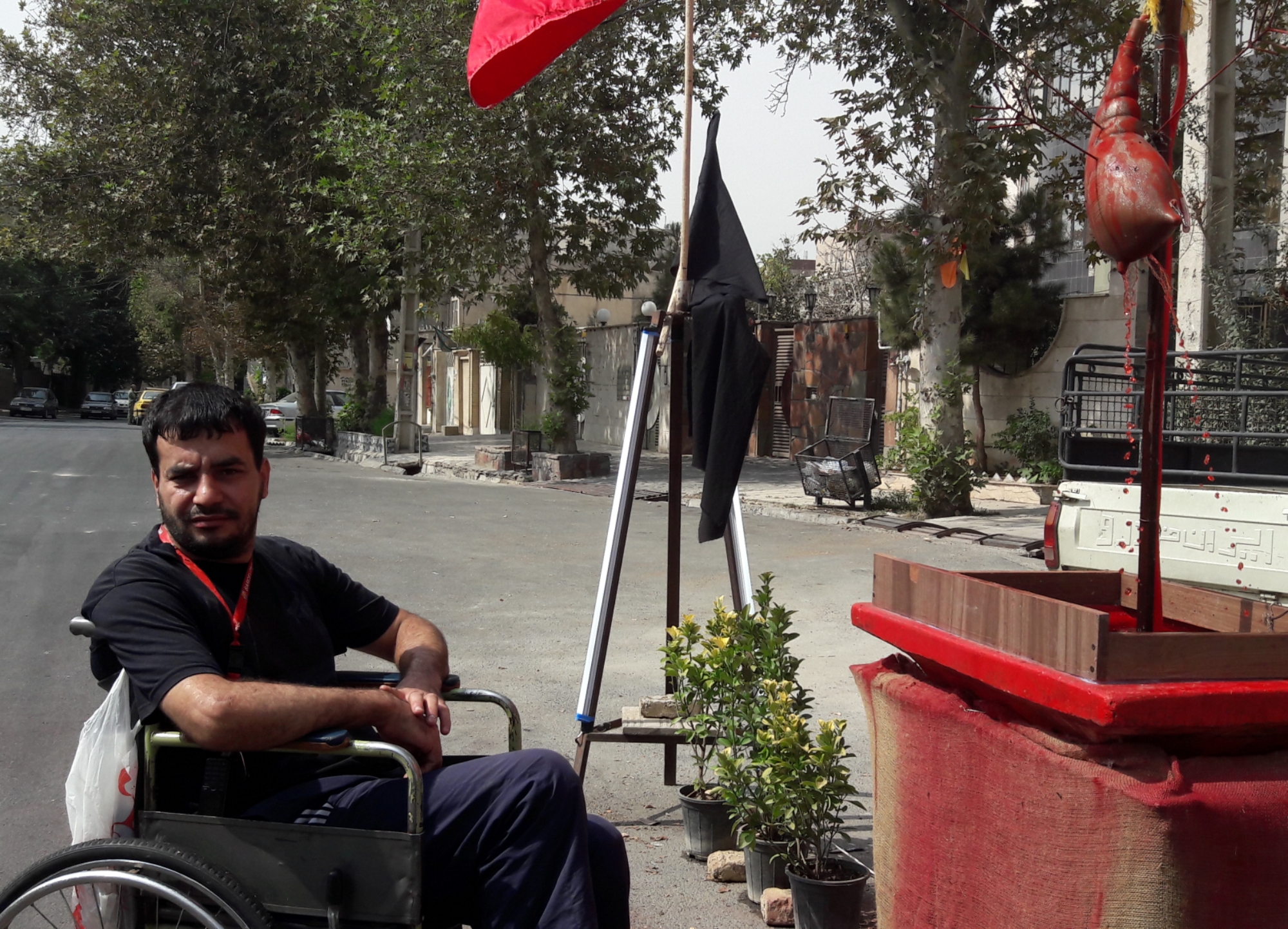داغ تو ماه علقمه قد خمیدهم کرد
داغ تو ماه علقمه قد خمیدهام کرد
ادبت پیش فاطمه رو سفیدم کرد…
مداحی زیبای حاج محمود کریمی در شب وفات حضرت امالبنینسلاماللهعلیها
تاسوعا در کرج
Hazrat Abbas (A.S) in Imam Sadiq’s Perspective
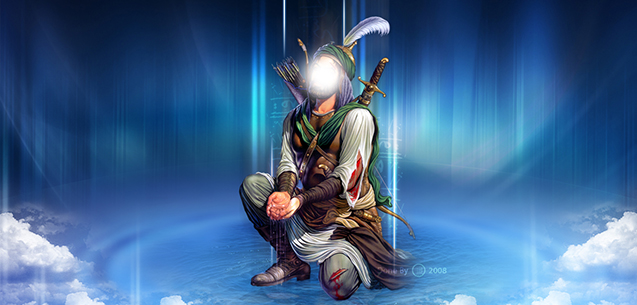
Imam Sadiq (A.S), the immaculate Imam and great scholar and unique figure of knowledge in the world, always appreciated his uncle, Hazrat Abbas (AS). He always remembered him by praising and admiring him. He was highly grateful to his heroic stances and sacrifices he made during the event of Ashura. In what follows, some of Imam Sadiq’s sayings about Hazrat Abbas also known as Ghamar-e-Bani Hashem are mentioned:
“My uncle, Abbas Ibn Ali (A.S), had a strong faith and profound insight. He fought for the sake of God along with his brother, Imam Hussein (A.S). He was able to successfully pass the test and was eventually martyred…”
Imam Sadiq (A.S) also names his uncle’s greatest characteristics which is an astonishing one as follows:
تحدث آية الله الخامنئي من علي الأكبر
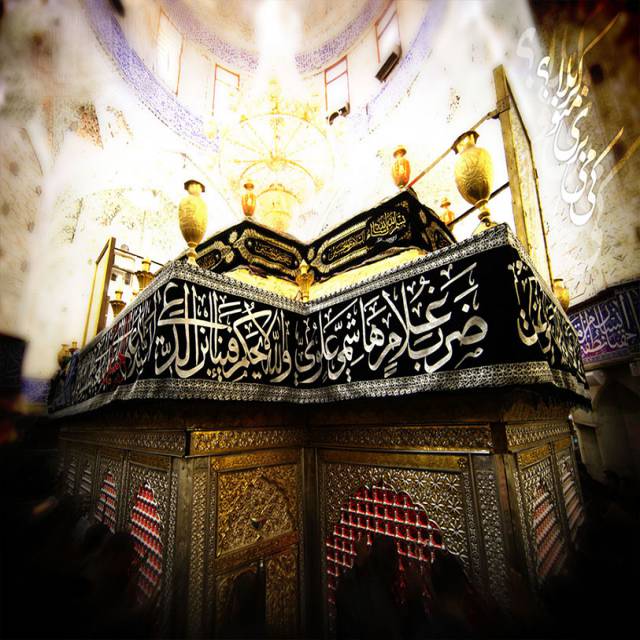
جاء هذا الشاب إلى والده. بداية فقد نقلوا أن علي الأكبر كان يبلغ من العمر ما بين الثمانية عشر والخمس والعشرين عاماً كحد أقصى. يقول: “خرج علي بن الحسين"؛ خرج علي بن الحسين للمبارزة، خرج من مخيم الإمام الحسين. ثم يكمل الراوي: “وكان من أصبح الناس خلقاً"؛ كان هذا الشاب من أبهى شباب العالم وأشدّهم جمالاً؛ حسن الوجه، بصير وشجاع. “فاستأذن أباه في القتال". “فأذن له"؛ أذن له الإمام دون أدنى تردد. لم يكن الإمام عليه السلام يأذن للقاسم بن الحسن في بادئ الأمر، فتوسّله حتّى أذِنَ له؛ لكن “علي بن الحسين” عندما تقدّم، ولأنّه ابن الإمام عليه السلام، أذن له فور طلبه للإذن. “ثم نظر إليه نظر يائس منه"؛ “وأرخى عليه السلام عينه وبكى". واحدة من خصائص العالم الإسلامي العاطفية هي هذه؛ ذرف الدموع عند الأحداث العاطفية. ترون في عدة مواطن أن الإمام عليه السلام بكى. هذا البكاء ليس جزعاً؛ بل يدلّ على شدّة العواطف؛ لأن الإسلام يُنمّي هذه العواطف في داخل الإنسان. شرع الإمام الحسين عليه السلام بالبكاء. ثم قال هذه الجملة التي قد سمعتموها مراراً: “اللهم اشهد فقد برز إليهم غلام أشبه النّاس خُلقاً وخَلقاً ومنطقاً برسولك".
How did Abbas become martyred?
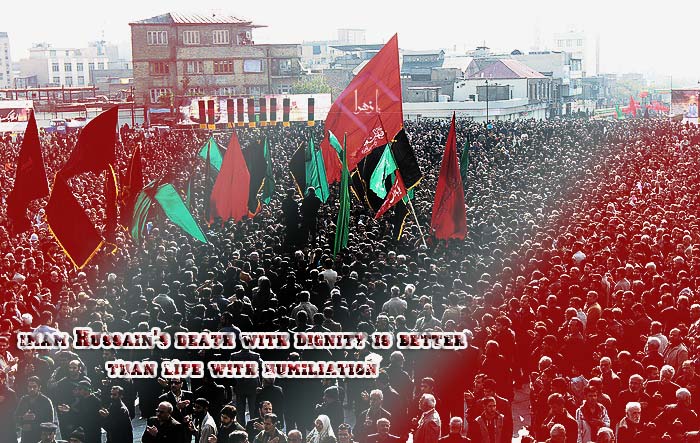
Hazrat Abulfadhl Al-Abbas’s loyalty was most clearly manifested when he went to the Euphrates River but abstained from drinking water. The well-known narration of the event, which is widely related to by the people, is that Imam Hussain (as) sent Hazrat Abulfadhl to fetch water. However, what I have read in authentic versions of the narration—like those of “Irshad” by Mufid and “Lohoof” by Ibn Tawous—is slightly different from the common narration, probably highlighting the significance of the event. In these authentic books it has been narrated that in the last moments, rather in the last hour, while thirst had compelled the little children so much–little girls and others in the camps–that Imam Hussain (as) and Abulfadhl (as) took it upon themselves and left together to fetch water. Hazrat Abulfadhl did not go alone, in other words; Imam Hussain (as) accompanied Abulfadhl towards the Euphrates River—a branch of the Euphrates which flowed through that region—in hopes of obtaining water for the camp site.
